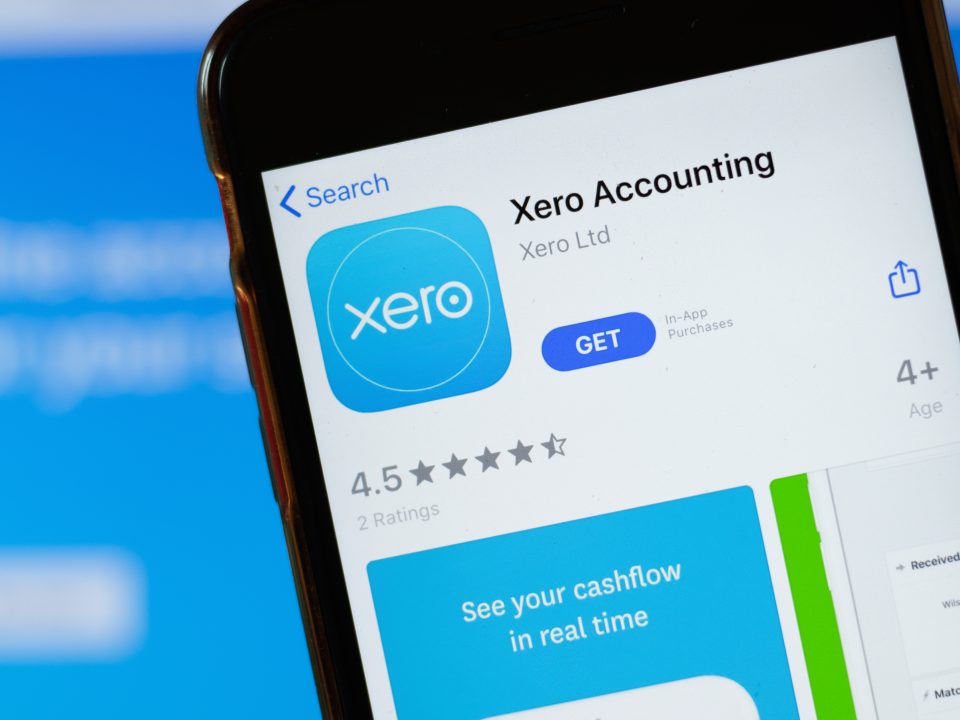Super Obligations for Employees vs Contractors. Are you paying super correctly?

It’s BAS time. Save your time, maximise GST Refunds, leave it to the Experts.
July 17, 2020
Good Invoicing Principles & Processes For Better Cash Flow
September 20, 2020Confused about whether someone is an employee or contractor? It is very important to correctly differentiate between the two as this will affect your super obligations.
The Australian Tax Office (ATO) is actively targeting employers who aren’t meeting their super obligations for employees and eligible contractors. If you’re not aware of your obligations or aren’t sure whether you should be paying super for particular individuals, it is crucial that you seek help now to avoid serious consequences. Employers or company directors could face hefty penalties for not complying.
Contractors vs employees
Contractors and employees both have a contract drawn up, outlining the relationship between them and your business. The difference is that employees have a contract of employment whereas the contract for a contractor outlines how they’ll deliver a specific result.
Some other differences between contractors and employees include:
Employees typically work exclusively as a part of your business whereas contractors often operate separately and can perform services for a number of different businesses and organisations.
An employee will typically perform the work themselves whereas a contractor can delegate the work to someone else.
Employees use tools and supplies that you provide or reimburse them for whereas contractors use their own tools and supplies.
To help you determine if someone is an employee or contractor, check out the ATO tool
Do I need to pay contractors super?
In some circumstances, contractors can be considered employees for super purposes. In other words, you are required to pay super for some contractors.
You are required to pay super for any contractors who:
- You pay wholly or primarily for their labour, even if they have their own ABN.
- You pay for their physical labour, mental effort or artistic effort rather than paying them to achieve a result.
- Perform the work personally (i.e. they do not delegate the work to someone else).
- You may not pay super if you make a contract with a company, trust or partnership.
Check out the ATO’s tool for working out if a contractor is entitled to super guarantee contributions.
How much super do I need to pay?
Employers are required to make super contributions for anyone who is an employee. Currently that is 9.5% of their gross earnings to a super fund of their choice. For more information about your super obligations for employees, visit here.
As outlined above, you may also be required to pay a super guarantee for some contractors. A minimum 9.5% of the contractor-employee’s ordinary time earnings (OTE) must be paid to their chosen super fund account each quarter.
Get advice from our experts
It’s not always easy to know if someone is an employee or contractor, and whether you should be paying super for them, but it is crucial to get it right. If you need advice about meeting your super obligations, we are here to help. Get in touch with experts you can trust at Lawrence Group.




